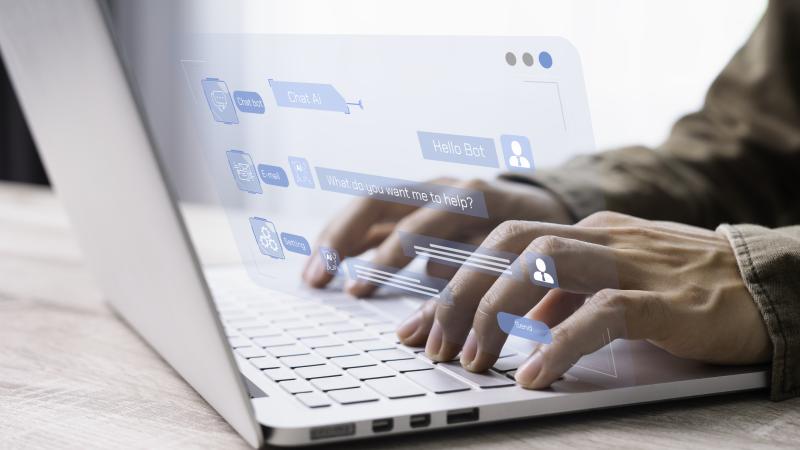NYC subway and New England ferry face ransomware attack; follows breach on Colonial Pipeline and JBS
These attacks follow cybersecurity breaches that occurred to the nation's largest pipeline, Colonial Pipeline, and the world's largest meat packing industry, JBS.
Two U.S. transportation systems have recently been the target of separate cyber attacks, the NYC subway system and a New England ferry system, becoming some of the latest victims in a growing number of such attacks across the country.
The Steamship Authority of Massachusetts said Wednesday that it was hit with a ransomware attack, causing delays in service. The authority offers ferry service from Cape Cod to Nantucket and Martha's Vineyard, just off the Massachusetts coast.
Cyber criminals in ransomware attacks use malware to encrypt and lock files, until the owners pays a ransom to have them unlocked.
On Wednesday, The New York Times reported the Metropolitan Transportation Authority’s computer system was hacked in April. The regional service serves roughly one million people daily. The intrusion, which has possible links to the Chinese government, did not impact control train cars or rider safety, the newspaper also reports.
The ransomware attack to the ferry service came one day after the White House announced that Brazilian meat producing company JBS SA was hit by a malware attack, disrupting world-wide production.
JBS said Sunday that the attack impacted operations in North America and Australia. The company is the largest meat producer globally. The attack wiped out nearly one-fifth of America’s meat production, according to Yahoo News.
Last month, one of the United States' largest pipelines, the Colonial Pipeline, which provides over half of the fuel to the East Coast, was hit with a ransomware attack, causing temporary fuel shortages at gas stations throughout the region.
The company reportedly paid several million dollars to the hackers, believed to be in Russia.
"I know that’s a highly controversial decision," Joseph Blount, the CEO of Colonial Pipeline told the Wall Street Journal about the decision to pay. "It was the right thing to do."
The hacks also resulted in soaring gas and meat prices, according to CNBC.
















